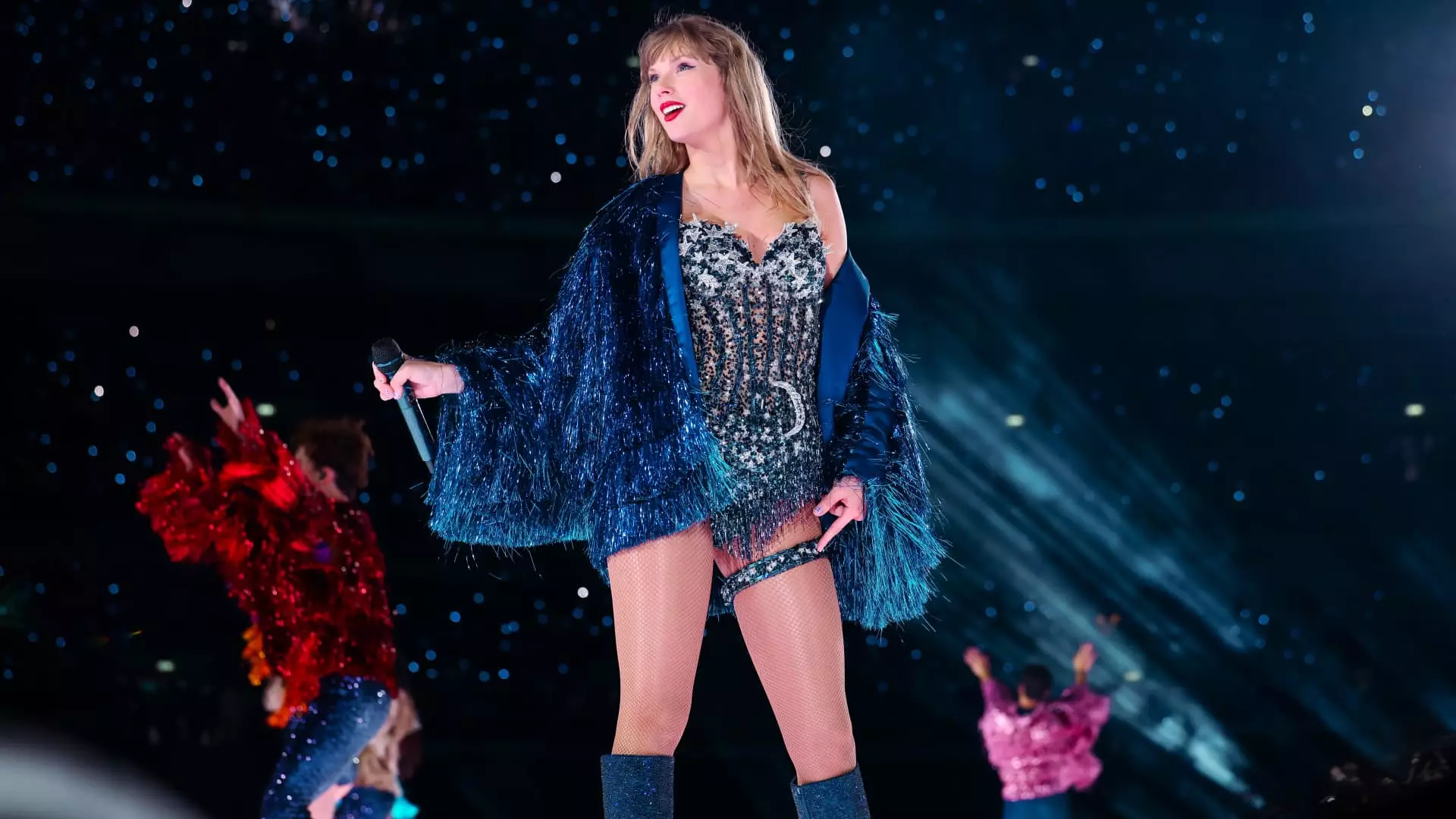Recent events have highlighted the heated intersection of pop culture and American politics, particularly through the exchange between former President Donald Trump and music icon Taylor Swift. The narrative began after Swift endorsed Vice President Kamala Harris, igniting a harsh response from Trump, who took to Truth Social to express his disdain. This tension exemplifies not only the ongoing political divides in the country but also how prominent public figures are leveraging their platforms to influence political engagement.
Swift’s endorsement of Harris came shortly after a significant presidential debate, positioning the musician in the midst of the electoral discussion. In her Instagram post, she praised Harris’s leadership qualities, emphasizing a preference for “calm” over “chaos.” Furthermore, Swift’s choice to identify herself humorously as a “childless cat lady” aimed to counteract derogatory comments made by Republican candidate JD Vance. By publicly backing a candidate, Swift effectively emboldened her supporters, signifying the power of celebrity influence in modern politics.
Trump’s Retaliatory Outburst
Trump’s response—unfiltered and in all caps—was a typical expression of his political brand, utilizing social media to communicate directly to his audience. By declaring “I hate Taylor Swift!” he not only targeted the artist but also engaged millions in a discussion already charged with emotions. This reflects a broader strategy of leveraging confrontation with celebrities to galvanize his supporters while attempting to diminish the credibility of opposing voices in the political arena.
The Impact of Celebrity Endorsements
While celebrity endorsements can generate significant social media buzz, their actual influence on election outcomes remains debatable. Swift’s endorsement had an immediate effect, evidenced by the surge of traffic to Vote.gov following her post. This spike illustrates that while the public may admire these figures, translating that admiration into meaningful political action is a complex endeavor. The effectiveness of such endorsements hinges on various factors, including voter demographics and the ever-changing landscape of public opinion.
In a clever counter to Trump’s tirade, the Harris-Walz campaign issued a statement interwoven with references to Swift’s music—a move aimed at connecting with the pop star’s vast fan base. Spokesperson Sarafina Chitika highlighted the desire for unity and progress, indicating that many Americans seek to move beyond the tumultuous period associated with Trump. The use of lyrical references provided a fresh narrative that emphasized hope and rejuvenation, contrasting sharply with the chaos Trump often embodies in his rhetoric.
This clash between Taylor Swift and Donald Trump serves as a microcosm of the current political climate in the United States. The contention reveals a larger societal trend wherein celebrities now play an increasingly pivotal role in shaping political dialogue. As audiences navigate the complexities of celebrity influence in politics, the question remains: will these endorsements lead to genuine change, or will they merely add to the noise of an already polarized political landscape? Moving forward, the key will be to assess not only the intentions but also the tangible effects of such powerful public endorsements in the electoral process.

Leave a Reply